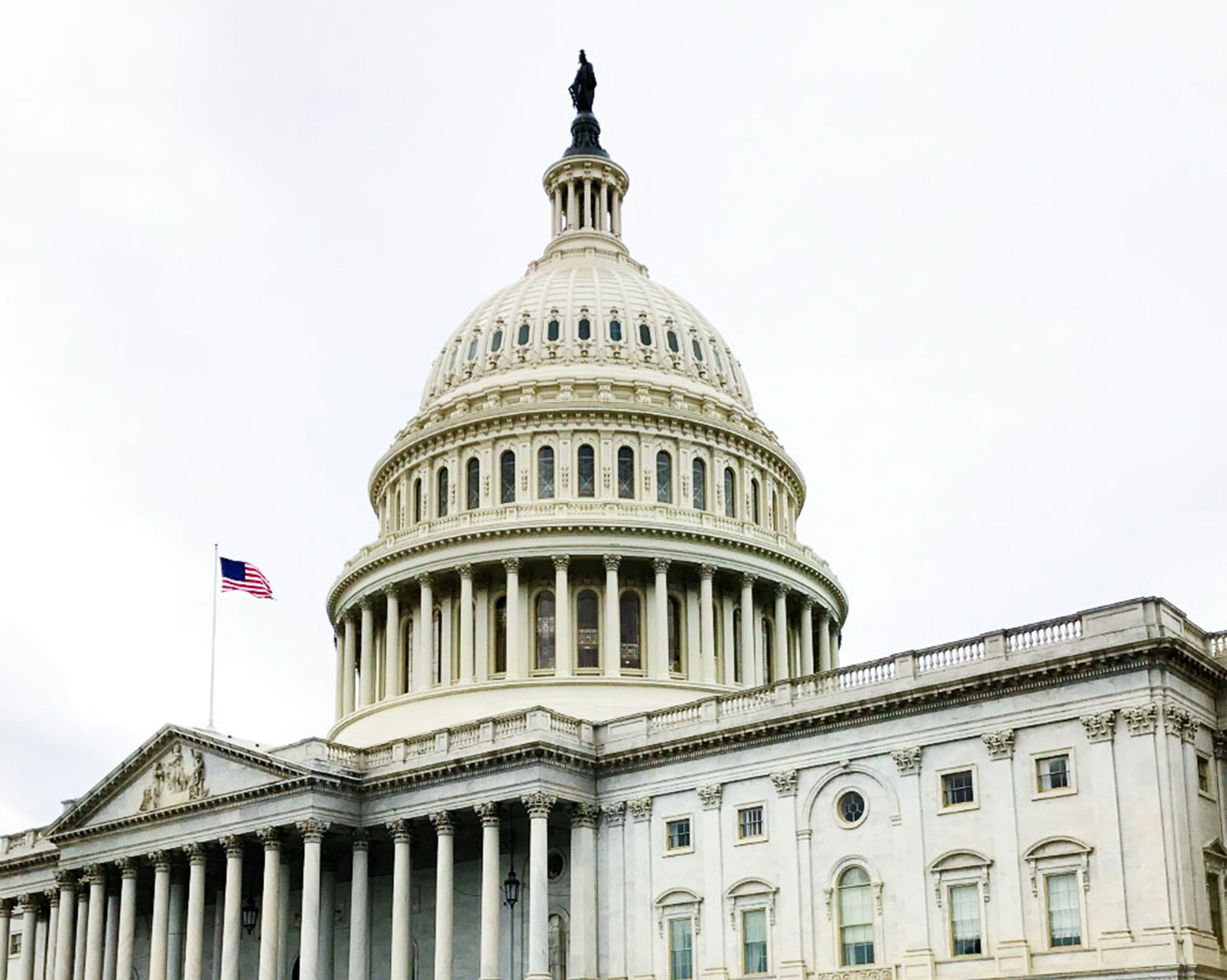
President signs consolidated appropiations act extending FFCRA tax credits
- Breaking News
President Trump signs Consolidated Appropriations Act, extending tax credit to employers choosing to extend FFCRA leaves until 3/31/2021.
On December 27, 2020, President Trump signed the 2021 Consolidated Appropriations Act into law. This alert offers our review of the law and responses to the most common questions we’re receiving from employers, but is written prior to any applicable agency guidance being issued.
The 2021 Consolidated Appropriations Act included among its over 5,500 pages a quasi-extension of the FFCRA leaves, proving wrong both those who predicted that FFCRA would not be extended by the current Congress and those who predicted that it would. So, what do we mean by a “quasi-extension”?
Employers covered by the initial FFCRA (those with fewer than 500 employees) may choose to provide 80 hours of Emergency Paid Sick Leave (EPSL) and/or up to 12 weeks of Emergency FMLA (EFMLA) for the same reasons and under the same framework provided for by those laws, including federal reimbursement. If the bill becomes law, employers may receive reimbursement for leave provided pursuant to these programs through March 31, 2021. Below are some of our burning questions about this act and the answers we found in the legislation’s text.
Would employees who have already used some or all of their 80-hour EPSL allotment get a renewed bucket of this leave?
No. It appears that employers could seek reimbursement under this program only for employees’ unspent EPSL from the 2020 FFCRA allotment. An employer could not claim a tax credit for paid sick leave provided to an employee who had used their full 80-hour EPSL allotment in 2020.
Would employees who have already used some or all of their 12-week FMLA/EFMLA allotment get a renewed bucket of EFMLA?
No, except those employees who experience a replenishing of their traditional FMLA bucket under the employer’s current FMLA policy. EFMLA operates as an amendment to traditional FMLA, diminishing that 12-week leave allotment, so an employee of an employer using a calendar year for FMLA exhaustion and renewal would have 12 weeks of FMLA available for any purpose, including EFMLA (with its partially paid last ten weeks) as of January 1, 2021, if the employer chose to continue to provide EFMLA.
Similarly, an employee of an employer using a forward-rolling calendar who took four weeks of leave for a serious health condition from January 1, 2020 – January 29, 2020, then eight weeks of EFMLA from October 27 – December 22, 2020, would have four weeks of paid EFMLA leave rolling back on beginning on January 1, 2021.
May an employer require the use of employer-provided paid time off prior to providing the federally reimbursed leaves?
No. The legislation permits an employer to receive a tax credit based on paid leave being provided in compliance with the requirements of the FFCRA as if it did not expire until March 31, 2021. Although an employer has the choice to provide the leaves or not, if it wants a federal tax benefit, it must continue to administer the leaves as written. May employers give some employees these leaves and not others? No, because this would not be providing leave as if the EPSL or EFMLA were continuing in operation. The exceptions are (1) for those employees who have exhausted their available EPSL and available EFMLA (without renewal), as described above; (2) for those employees of small employers (under 50 employees) who can qualify for the small business exceptions provided for in the FFCRA, discussed here. Further, even if no private right of action could arise from an employer’s providing continuing FFCRA leave to some employees but not others, giving leave to some employees and not others would invite traditional discrimination claims.
May employers extend EPSL but not EFMLA (or vice versa)?
While not specifically addressed in the Consolidated Appropriations Act, it appears that employers can choose to continue providing one form of FFCRA leave and not the other. EPSL and EFMLA are creations of different sections of the FFCRA, and those sections are separately amended by the stimulus bill, so the legislation appears to offer employers the options to continue EPSL individually, EFMLA individually, or both.
What’s next?
The Biden campaign website outlined a plan for virtually all workers to receive an additional two weeks of fully-paid and federally-funded leave for basically any COVID related reason. This voluntary extension falls short of those ambitions, and is also likely to expire prior to widespread vaccine availability, which might optimistically occur by July 2021. In the immediate term, we hope for DOL and/or IRS guidance on the effect of the bill, especially the questions of whether an employer can provide only one type of leave or another, and whether the EFMLA entitlement would “refill” in the event of an FMLA year re-set for participating EFMLA employers.
Important Notice
On December 28, 2020, we physically moved our offices to the Forbes Building, 1914 Fourth Avenue North, Suite 500, Birmingham, AL 35203. Our post office box address remains unchanged, P.O. Box 11945, Birmingham, AL 35202-1945, as do our phone numbers and email addresses.





